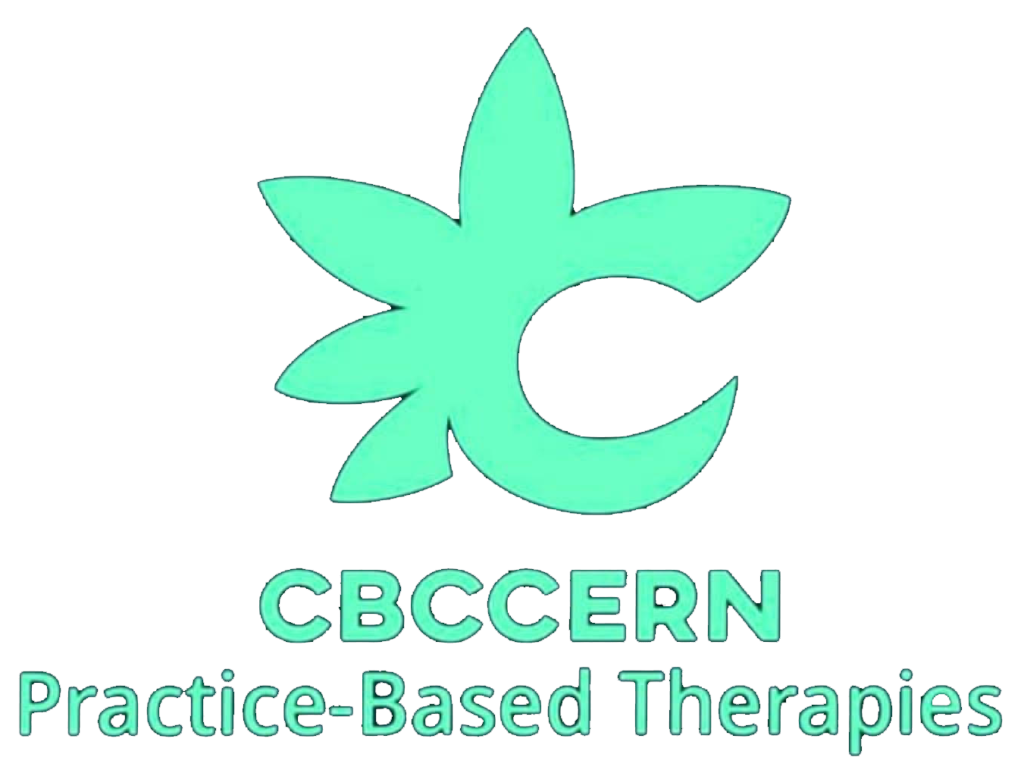






After several years in a full-blown reorganization of the clinical side of the organization, Compassion Center has reemerged from reorganization, slashing the costs of delivery of clinical services, expanding our reach to over 18 states and reemerging as the oldest and most-trusted federally-recognized medical cannabis clinical management services organization in existence- great job Compassion Center. Thank you for twenty two years and we look forward to watching you evolve into the most impactful glocal organization in the integrative healthcare space, compassionately redefining the patient experience.
While the full reorganization, may take several years to fully complete as an organization leaders plan to expand globally and have already begun the process. However, we don't need to wait to formally reintroduce you to Compassion Center, Integrative ECS, Holistic Health Now, or Compassion Center International, respectfully. The Compassion Center, a renowned Oregon 501(c)(3) public charity known for championing a variety of disruptive patient programs, laws and therapeutic protocols revolving around the patient outcomes and safety, has been busy behind the scenes building a socially impactful powerhouse of disruptive innovators, subject matter experts and thought-leaders leading a future we can all be proud of, taking patient wellness to higher levels and improving the outcomes.
Additionally, the Center for Incubation & Findings Research (CIFR) has formally adopted, and is organizing and integrating, Dr. David G. Ostrow's final project: Community Based Clinical Cannabis Evaluation & Research Network (CBCCERN) into Compassion Center's Nationwide network of specialty clinics, call centers and research institutes in order to fully support their data collection, research, validation and peer review of data, science and/or replicable outcomes. These, among other bold measures are being taken by us to legitimately validate, and reintegrate, the benefits of medical cannabis back into our mainstream healthcare systems, working through Joint Accredited Education Standards to provide interprofessional continuing education (IPCE) across the patients' continuum of care, leading to widespread adoption/integration of positive measurable outcomes.
“We never actually went away. In fact, the Compassion Center has remained active in research, patient advocacy and professional education since our founding in 2001 because there’s always been a shortage for those resources- it just no longer made sense for us to continue elevating or trying models that were going in an opposite direction of where we wished to go for patients.”
– James B. Creel, PgM, Chairman
1. Patient Populations Need Compassion Center More Than Ever
Since its founding in 2001, Compassion Center has been a leader in interprofessional education, patient advocacy, and healthcare innovation, particularly for complex, terminally ill, and underserved populations. Serving well over 20,000 patients directly and many more indirectly, the center emphasizes personalized patient wellness through data-driven approaches, virtual appointments, tailored integrative protocols, concierge services, and confidential consultations available in clinics, homes, or hospital settings.
In 2016, Compassion Center expanded its scope by acquiring CFRI, a plant-based research institute specializing in endocannabinology, nutrigenomics, and integrative therapeutics, enhancing its core capabilities in patient wellness optimization. This acquisition allowed the center to offer patient education and wellness classes to a diverse range of patients, including those in assisted living and nursing homes, while providing advanced training to healthcare professionals in diagnostics and therapeutic techniques. Originally based in Eugene, Oregon, the center relocated to the Portland Metro Area in 2017 to further its mission. Today, operating remotely in 18 states under various brands, Compassion Center offers accessible, compassionate care through a universal mobile application, ensuring 24/7/365 availability to patients without fear of judgment. Continuously evolving, Compassion Center now focuses on lowering prices to increase access while maintaining high standards in patient wellness, specializing in EndoCannabinology, clinical consultation, and MMJ certification. To learn more, visit their website.


2. It’s Going To Get Expensive To Live Unhealthy Lifestyles
Compassion Center focuses on educating and empowering patients to prioritize diet, exercise, wellness optimization and lifestyle management for better mental, physical and emotional health through maintaining the GBA. Eating a healthy diet, and proper stimulation of one’s endocannabinoid system (ECS) improves overall health and well-being, with reports showing two-thirds of those who eat fresh fruits and vegetables daily experience no mental health issues, while those with mental health problems tend to eat less healthy and more unhealthy foods. A balanced diet full of essential nutrients and antioxidants can protect feelings of well-being. Taking a proactive approach, Compassion Center utilizes a variety of diet, exercise, nutritional supplementation and mental exercises to balance mind-body-spirit with patients’ lifestyles.
3. Lead a Healthy Lifestyle, While Balancing Mind-Body-Spirit
Regular physical activity offers a holistic approach to achieve and maintain a healthy lifestyle, and weight. Beyond calorie burning, it offers psychological benefits by releasing endorphins that reduce stress and improve mood. Additionally, physical activity fosters a spiritual connection with oneself and the environment, which can lead to a sense of purpose and fulfillment. By integrating physical activity into daily life, individuals can achieve balanced mind, body, and spirit, which contributes to a healthy lifestyle and optimized wellness.
4. Maintain Your Gut, Weight, Immune System and Mental Health
The gut-brain axis, a complex communication network linking the gastrointestinal system and the brain, plays a pivotal role in maintaining mental health, the immune system, and body weight, underscoring the intricate interplay between our digestive system and overall well-being.
Mental Health: The gut-brain axis influences mental health significantly through the production and regulation of neurotransmitters and hormones. For instance, about 90% of serotonin, a key neurotransmitter involved in mood regulation, is produced in the gut. Gut bacteria play a crucial role in this process, influencing the production and function of serotonin and other neurotransmitters. When the balance of these bacteria is disrupted, it can lead to changes in mood and contribute to mental health issues like anxiety and depression. Furthermore, the gut’s neural network, often referred to as the “second brain,” communicates directly with the brain, affecting our emotions and cognitive functions.
Immune System: The gut is also a critical component of the immune system. The majority of the body’s immune cells are located in the gut, where they are trained to differentiate between harmless substances and potential threats. A healthy gut microbiome is essential in maintaining this immune balance, preventing overreactions that could lead to autoimmune disorders and allergies. The gut microbes also help in the production of short-chain fatty acids, which have anti-inflammatory properties, thus supporting immune health.
Weight Management: The gut-brain axis influences weight management through several mechanisms. Gut bacteria affect how we metabolize food and extract energy, and different bacterial strains can influence whether we are more likely to gain or lose weight. Additionally, signals from the gut can affect hunger and satiety, influencing our eating behaviors. A healthy gut microbiome can help regulate these signals, aiding in weight management.
In conclusion, the gut-brain axis is a crucial determinant of our overall health. It affects our mental state, plays a vital role in the functioning of our immune system, and has a significant impact on our body weight. The complex interactions within this axis highlight the importance of maintaining gut health as a means to foster overall health and well-being.
- Tags:
- Healthcare



